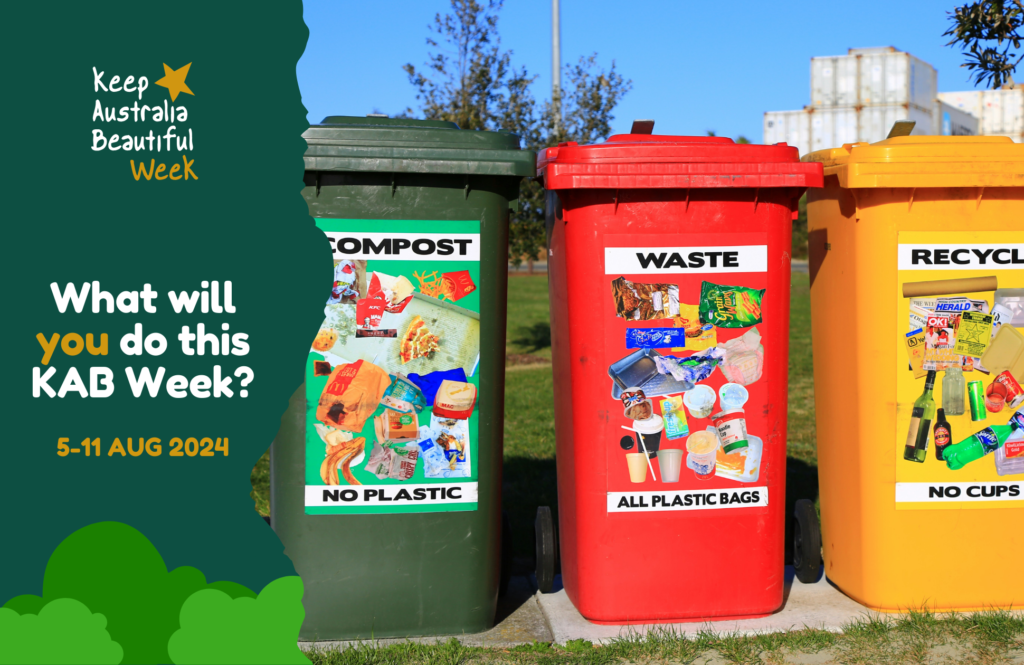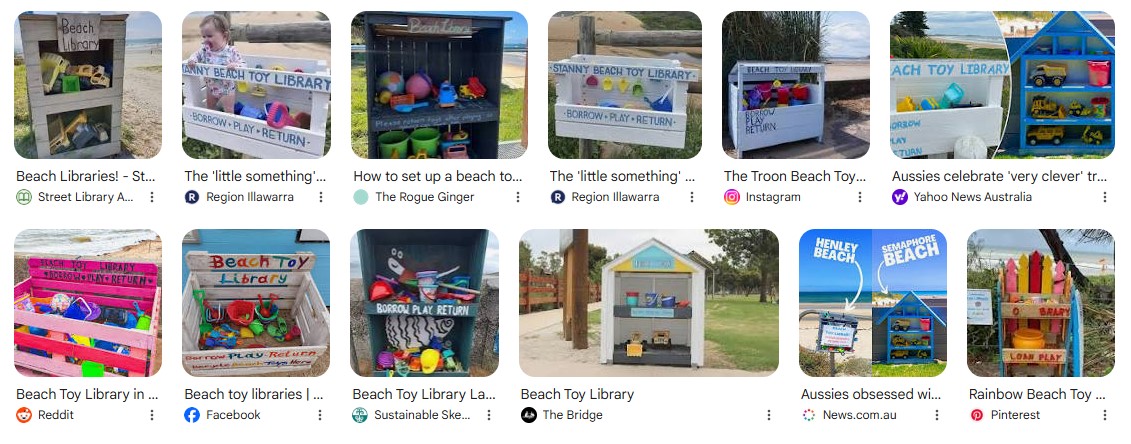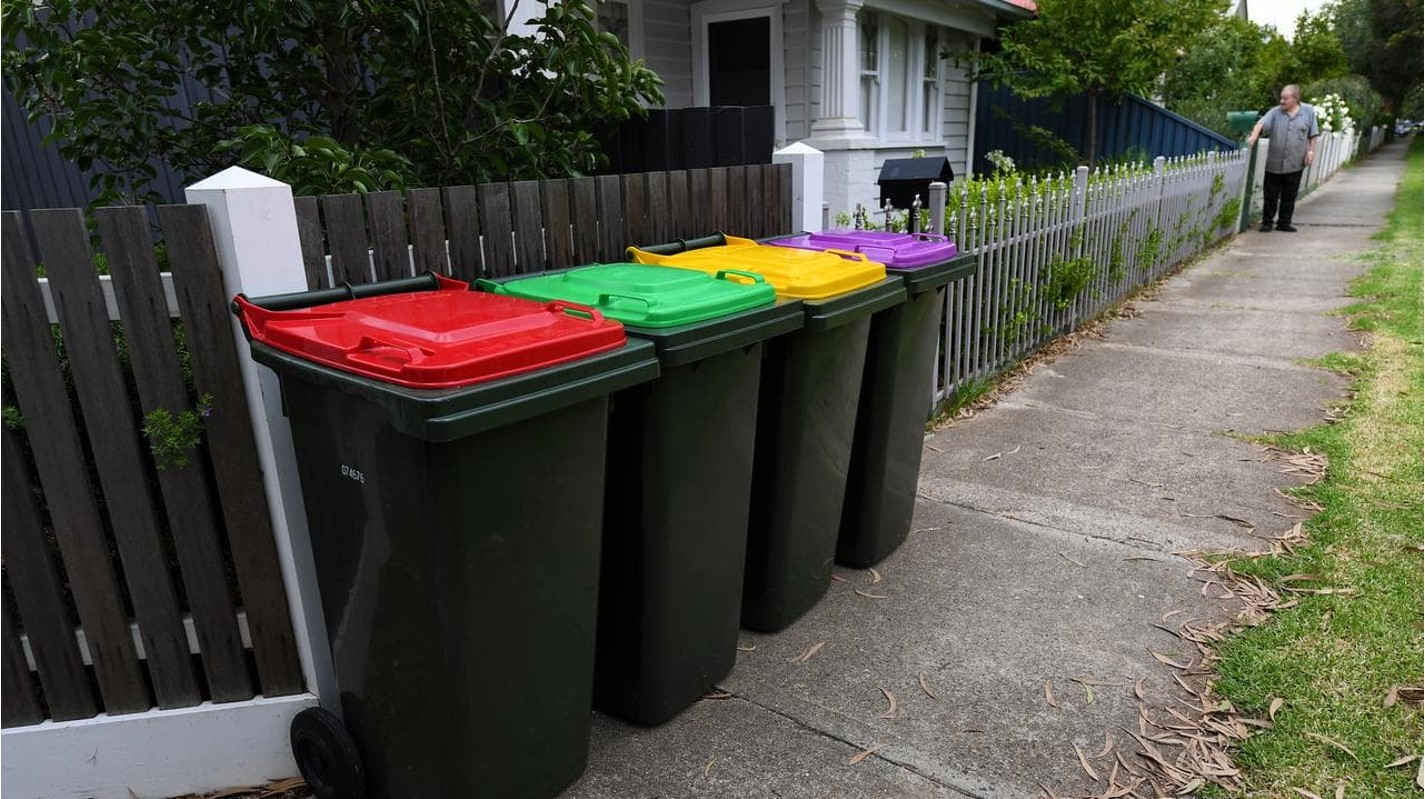![877397-1920×1080-[DesktopNexus.com].2](https://kab.org.au/wp-content/uploads/877397-1920x1080-DesktopNexus.com_.2-1024x576.jpg)
Understanding the impact of your organic litter
(Blog#3 KAB Week 2024: Leave Only Footprints!)
When you think of litter, what comes to mind? Perhaps plastic bottles, fast food packaging and snack wrappers? What about organic waste like banana peels and apple cores? There’s a common misconception that littering organic waste is ok, or even good for the environment, because it naturally decomposes and provides nutrients to the soil. Unfortunately, this leaves out a large part of the picture. While it’s true that organic waste naturally decomposes, the process takes a lot longer than you might expect. Until the waste is fully decomposed, it can cause a host of problems for native wildlife. This article explores the problems created by organic litter, including dog waste, which may have you thinking twice next time before hurling your fruit remains.
Decomposition Times
Did you know that the humble apple core can take up to 2 months to fully decompose? All foods have a different decomposition time, with banana peels and orange skins taking up to 2 years before fully decaying! If these are the decomposition times for fruits, you can imagine how long snacks and fast foods containing preservatives might take.
Unnatural Diet
While slowly decomposing, littered organic waste is likely to be consumed by native animals that may get sick or even die prematurely. It’s important for native animals to eat foods that are a natural part of their diet whether that be native grasses, insects or nectar. When they eat foods like bread, fruit or anything else not found in their natural environment, it can slow their digestive system and even result in vitamin and mineral deficiencies which make them more prone to disease. Abandoned food waste can also become stale and grow fungi that are poisonous to the wildlife that eat it.
Human Reliance
Littering organic waste also puts animals at risk of becoming reliant on human sourced food. Now, you may be thinking, animals couldn’t possibly become dependent from me tossing one piece of fruit on the ground, however you are likely to be blissfully unaware of all the other people doing the same thing throughout the year, especially in popular picnic spots and camping locations. If young native animals are not taught by their parents how to forage for natural foods due to relying on scraps, the young risk starvation. Furthermore, dependency on humans can disrupt their usual migratory patterns and even make them aggressive towards people.
Vehicle Collisions
Organic waste also attracts native wildlife to roadsides and populated areas where they are more likely to get struck by a vehicle. More than half of Aussie drivers have been involved in an animal collision on our roads, which can be lethal for both the animals and motorists involved.
Dog Poo Waste
While most dog walkers do the right thing, dog poo litter is a cause of major worry for local communities and council because of its health and environmental risks. Droppings contain harmful bacteria, parasites and excessive nutrients which can quite easily be washed into natural waterways. These cause harm to aquatic life and make humans sick if they come into contact with the contaminated water. Cats aren’t off the hook either, as toxoplasmosis spreads through their faeces, a disease that can cause serious illness and even death in native animals. Due to their high protein diet, dog waste is high in nutrients such as nitrogen and phosphorus, this might sound like a good thing to have more nutrients, right? But Australia’s ecosystems are naturally low nutrient environments, so an excess causes an imbalance which leads to biodiversity loss.
As well as its impact on wildlife, organic litter is unsightly, illegal and expensive for councils and governments to clean up. To prevent food litter, put an apple core in a tissue in your pocket when out on a hike, bring a travel bag in your car for waste, and hold onto your food waste until you reach a bin, or even better, an organics bin or compost (that way it won’t emit as many greenhouse gases while breaking down)! Always be prepared by carrying biodegradable bags while out with your pet and clean up immediately after them. Remember, it’s not “natural” to leave organic food waste in the environment, so when exploring the great outdoors, leave nothing behind but your footprints!
IMAGE SOURCE: https://animals.desktopnexus.com/wallpaper/877397/
WRITTEN BY: Rosie Starr (KAB Content Creator – Volunteer)










